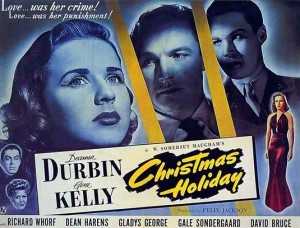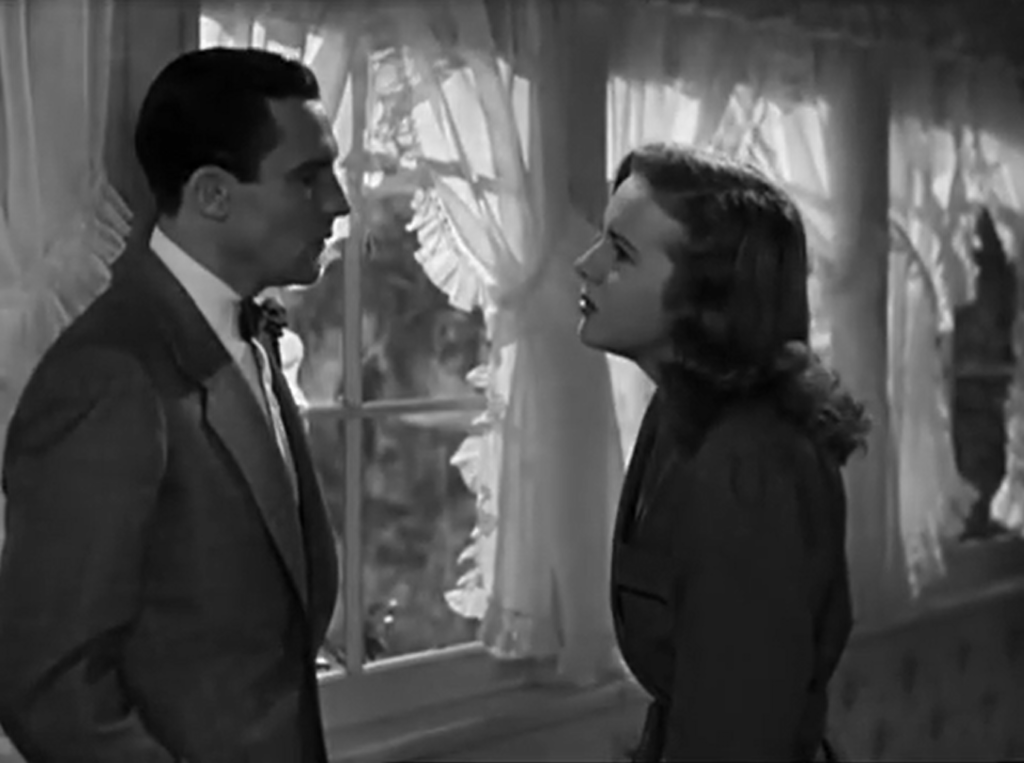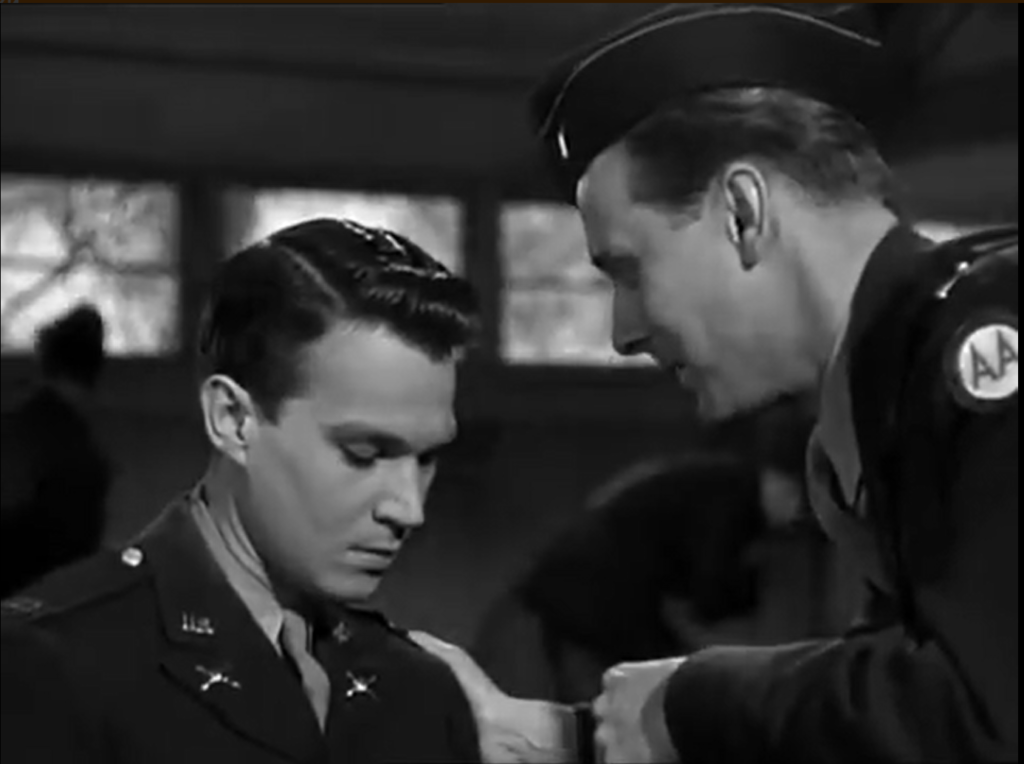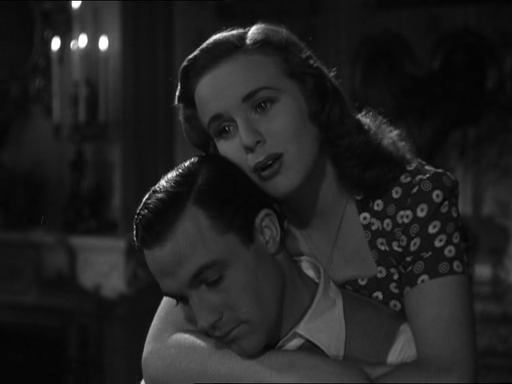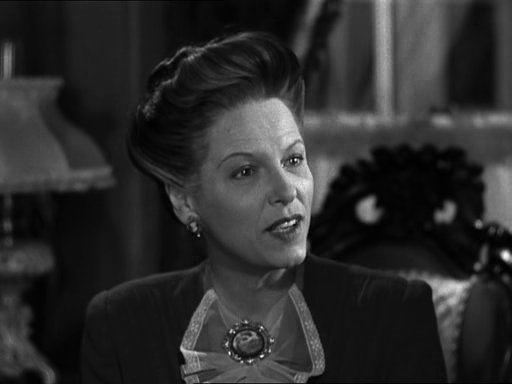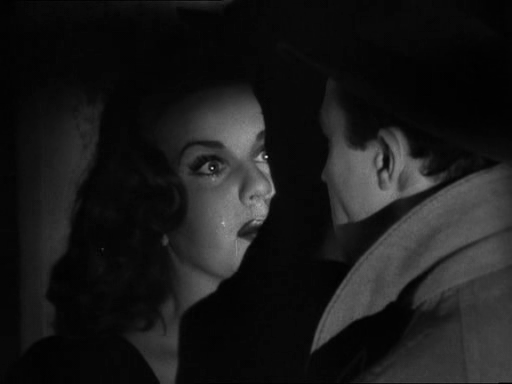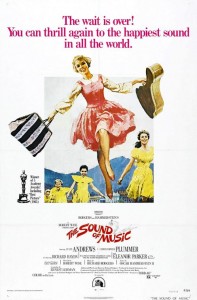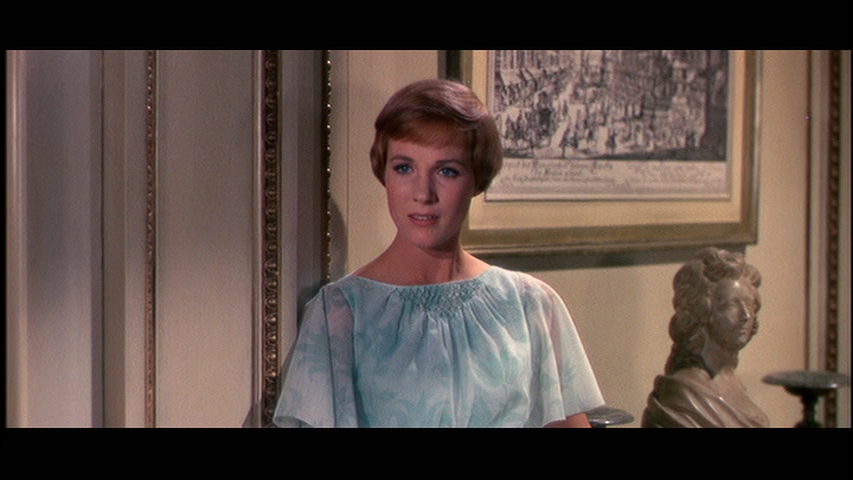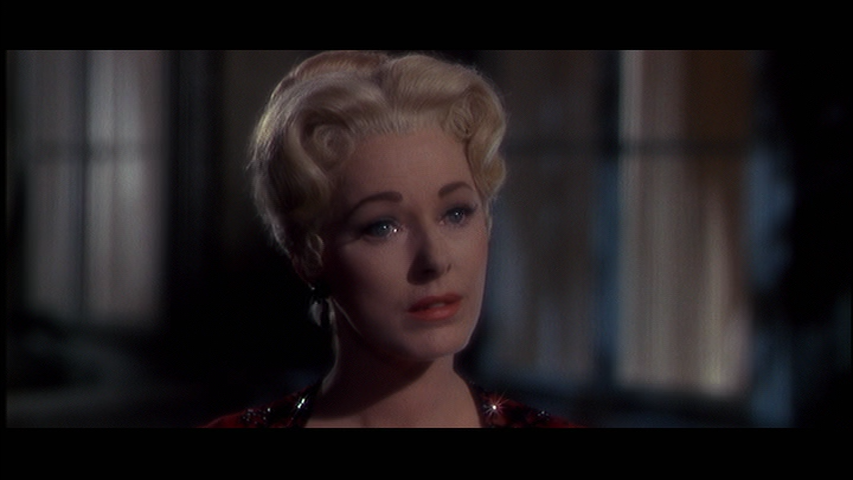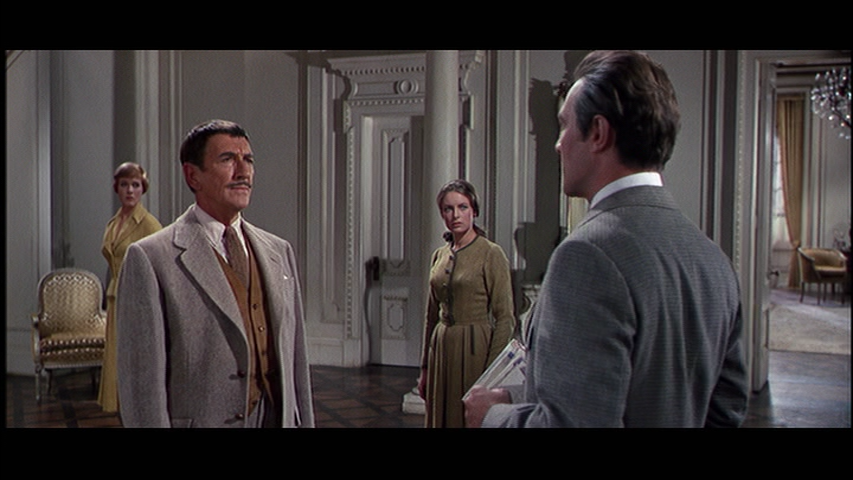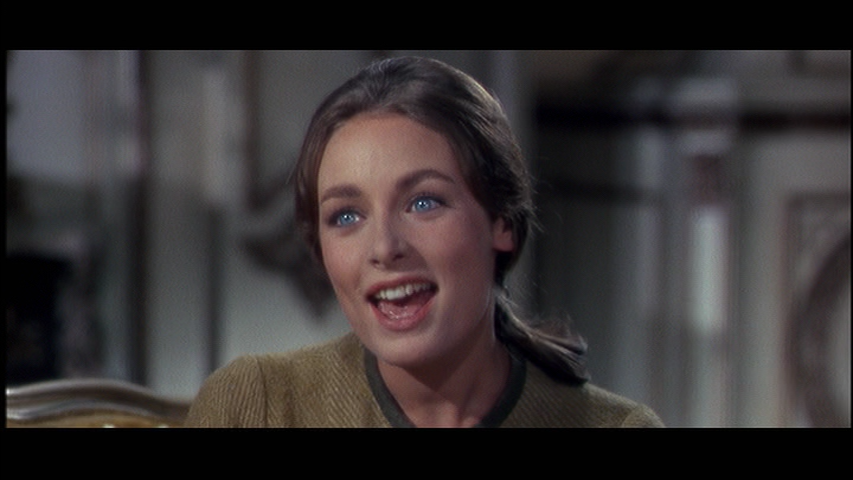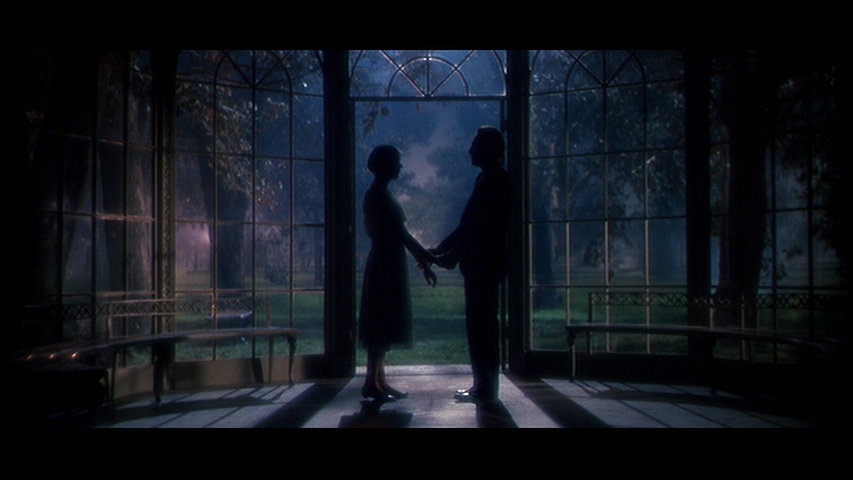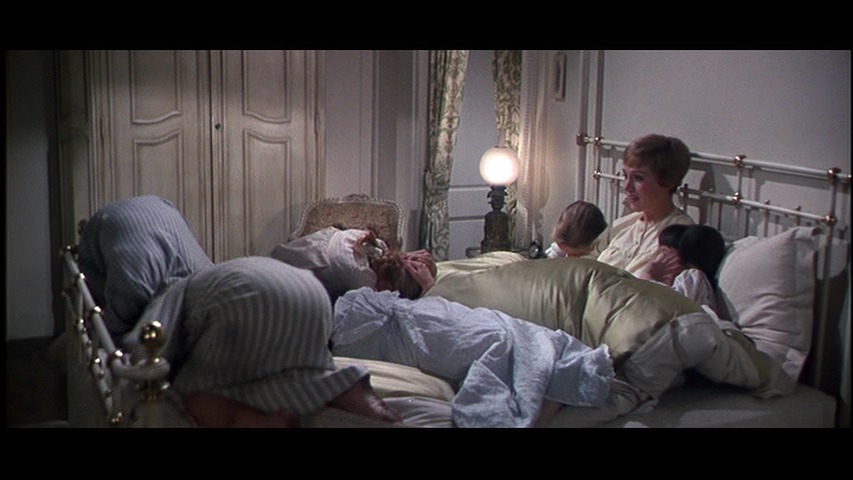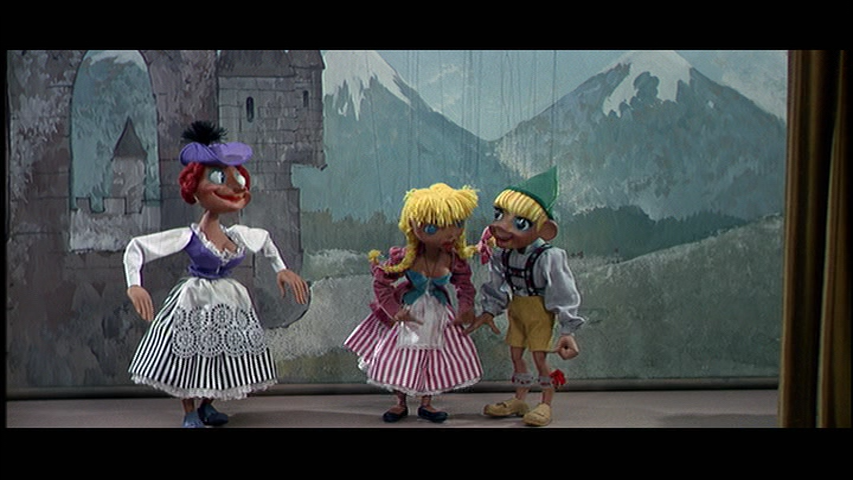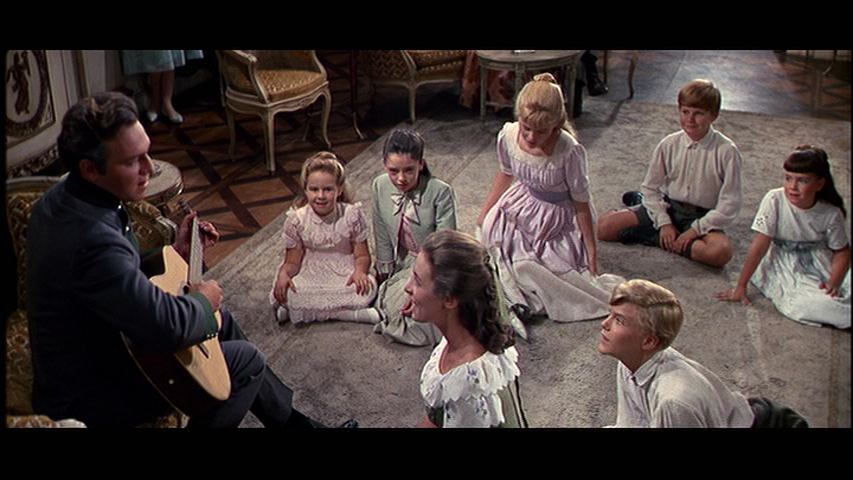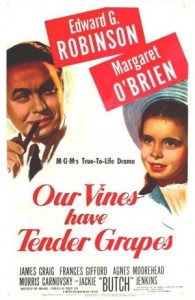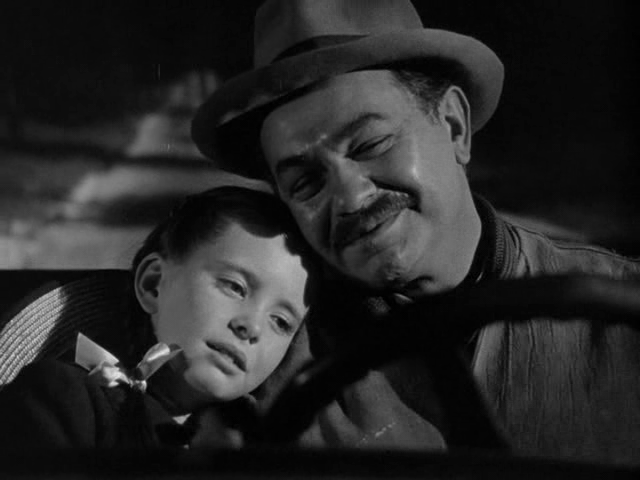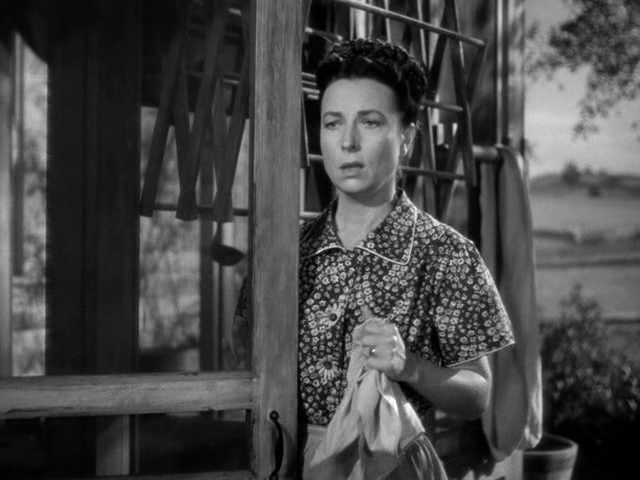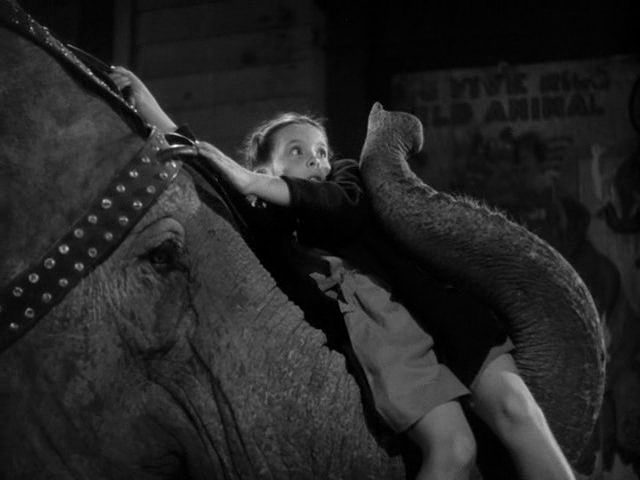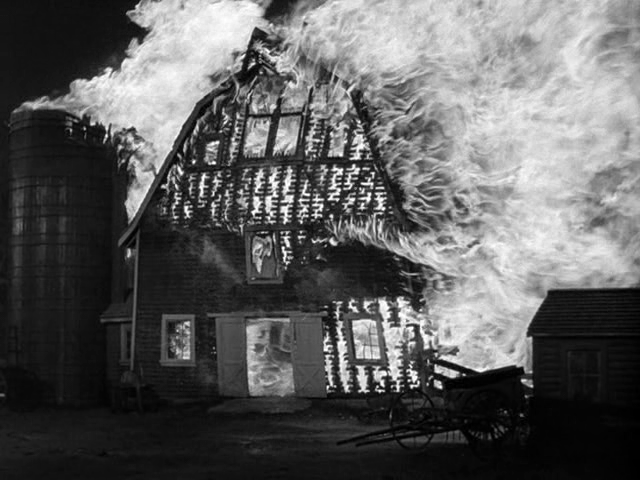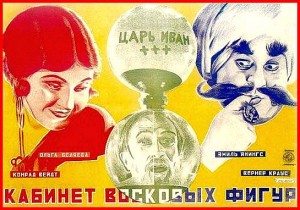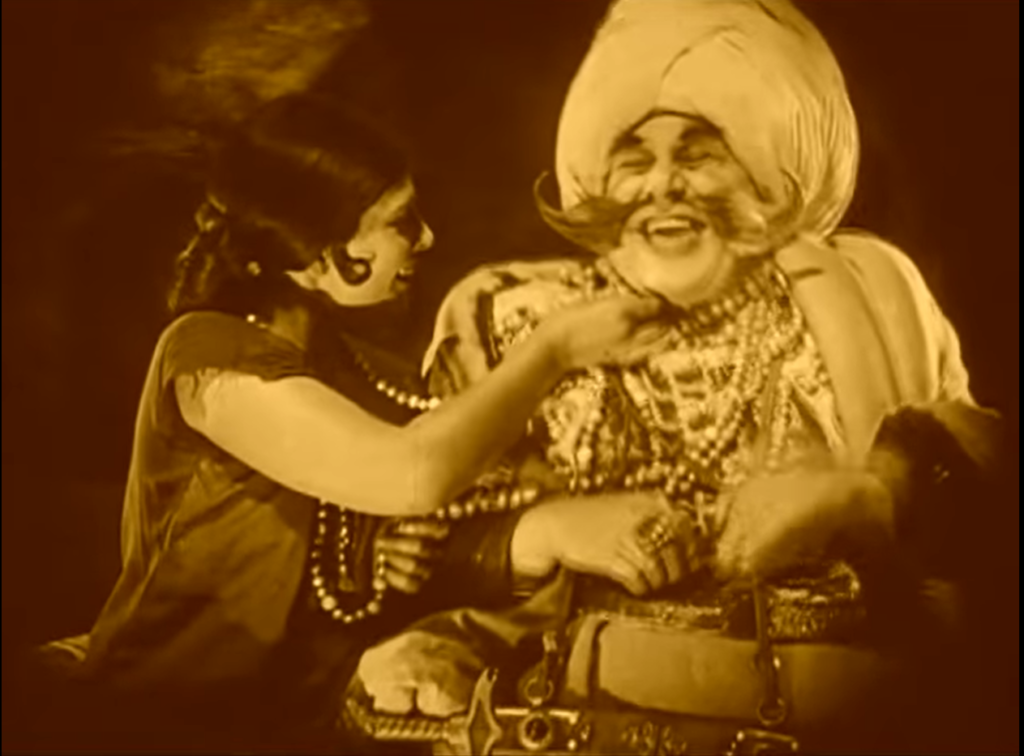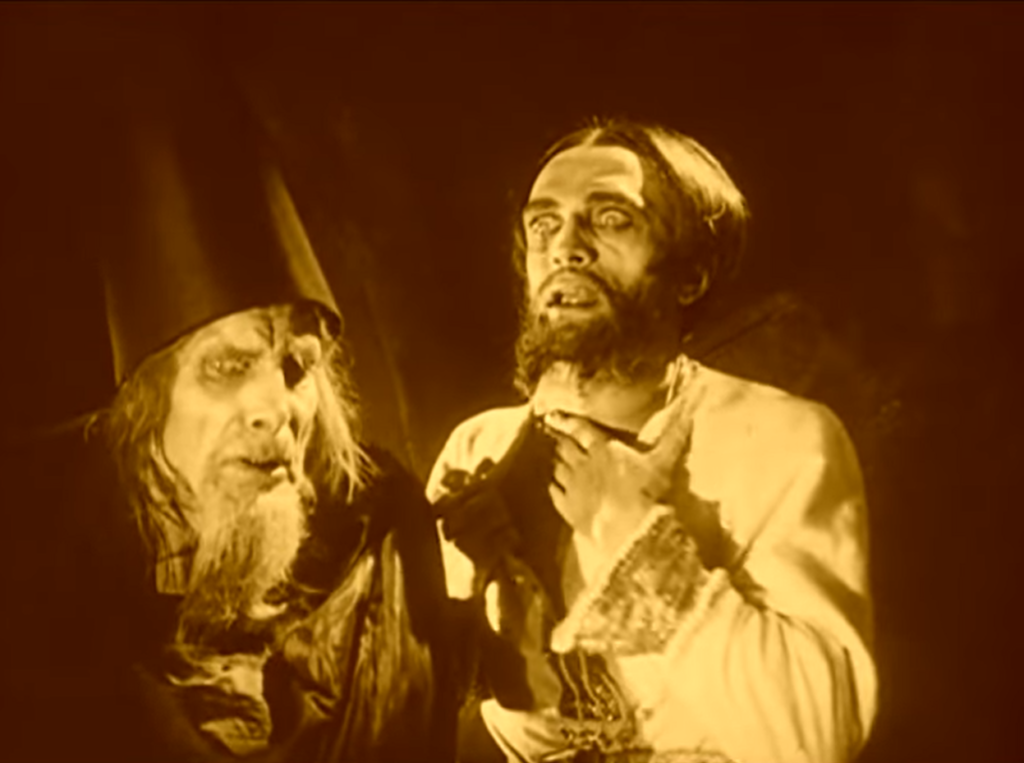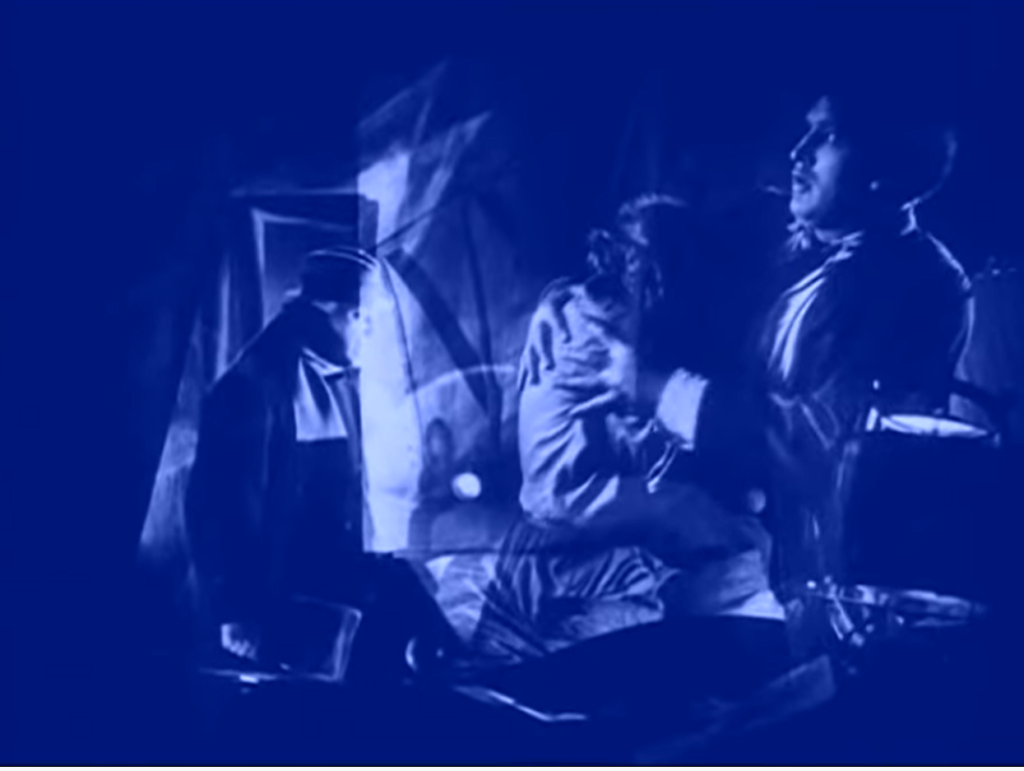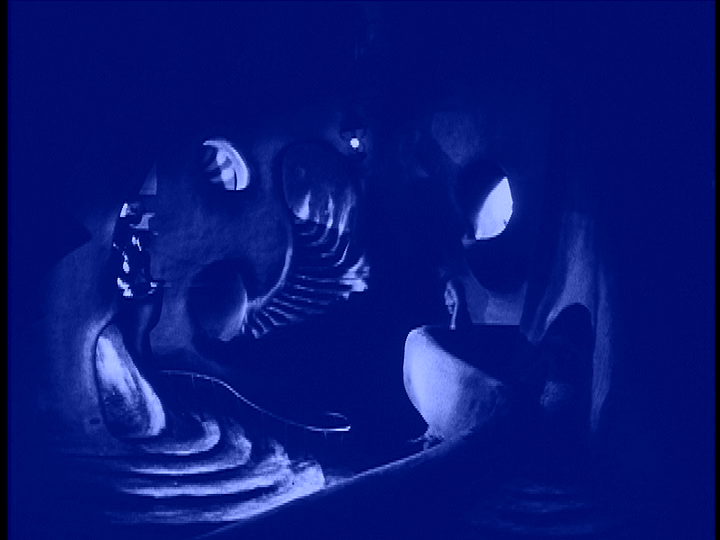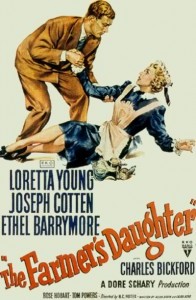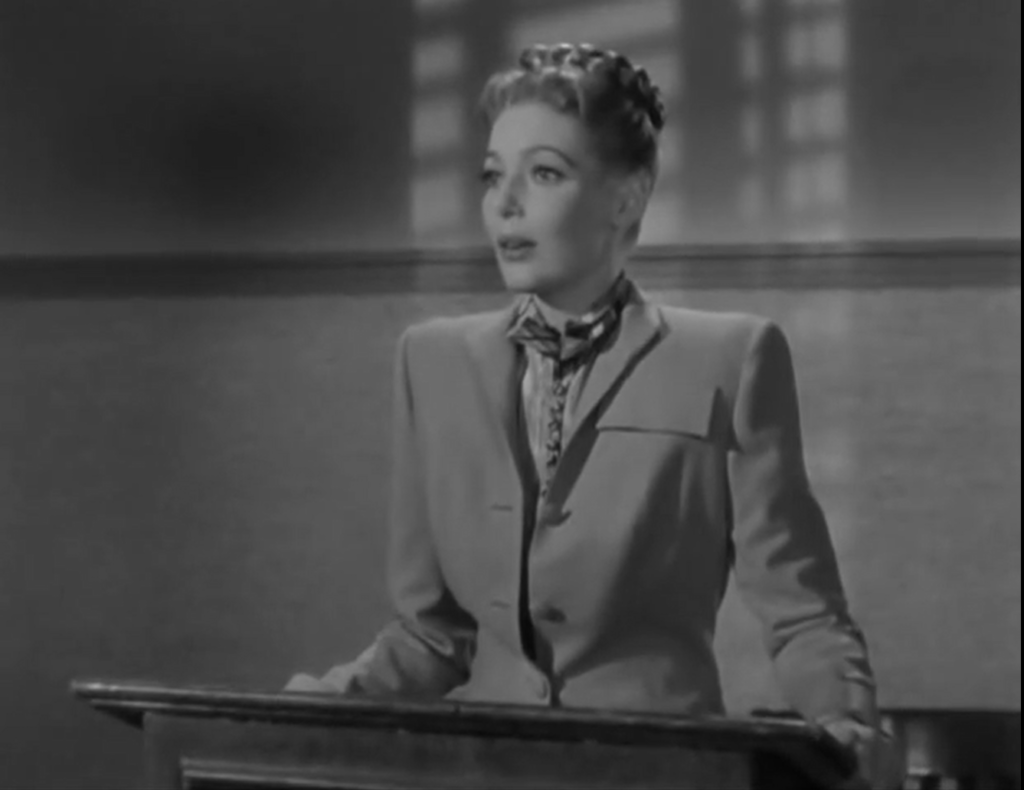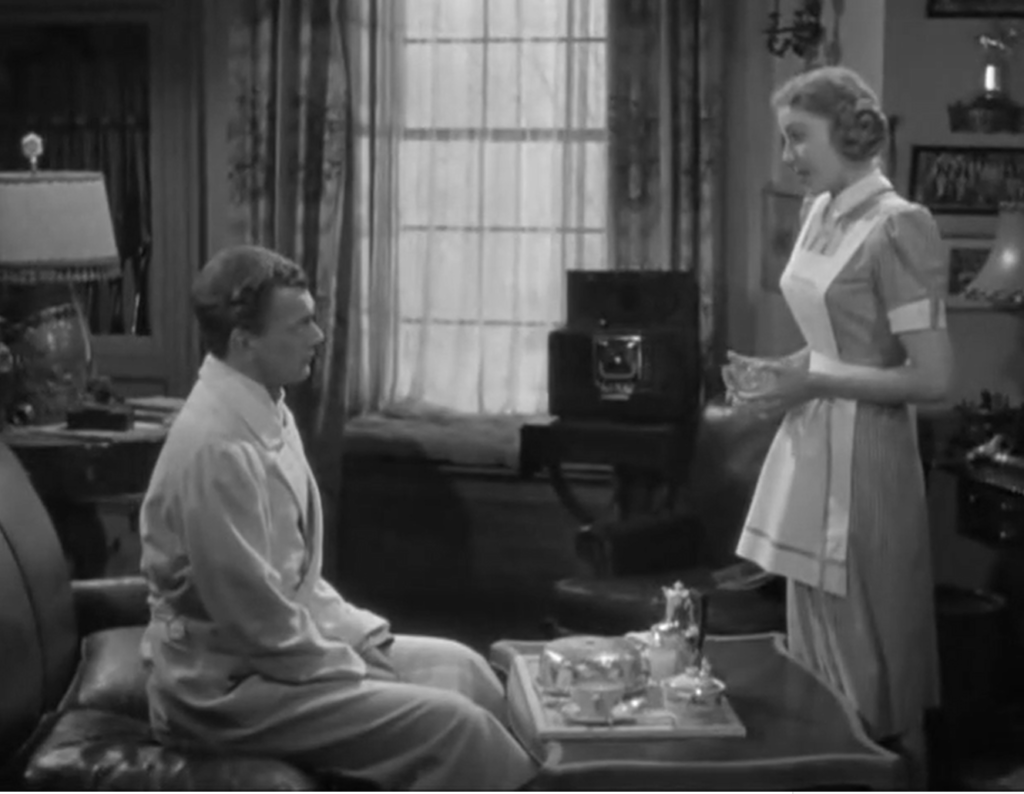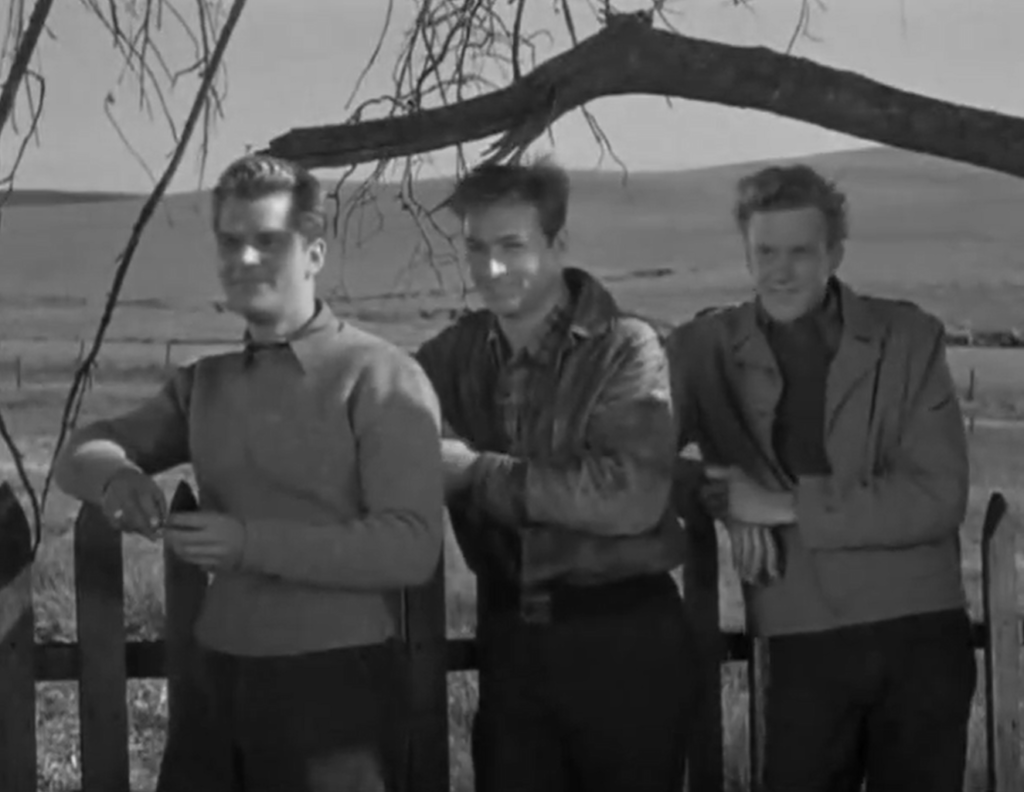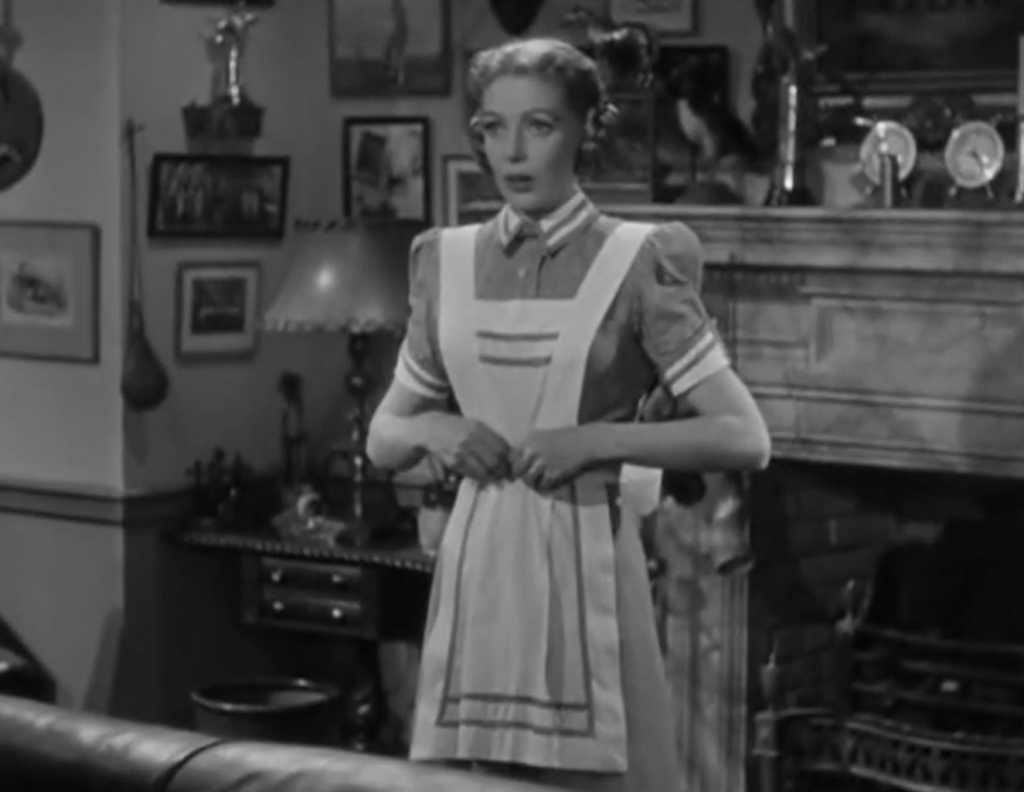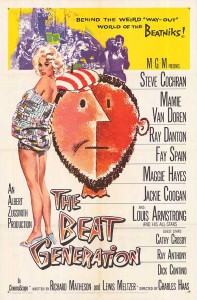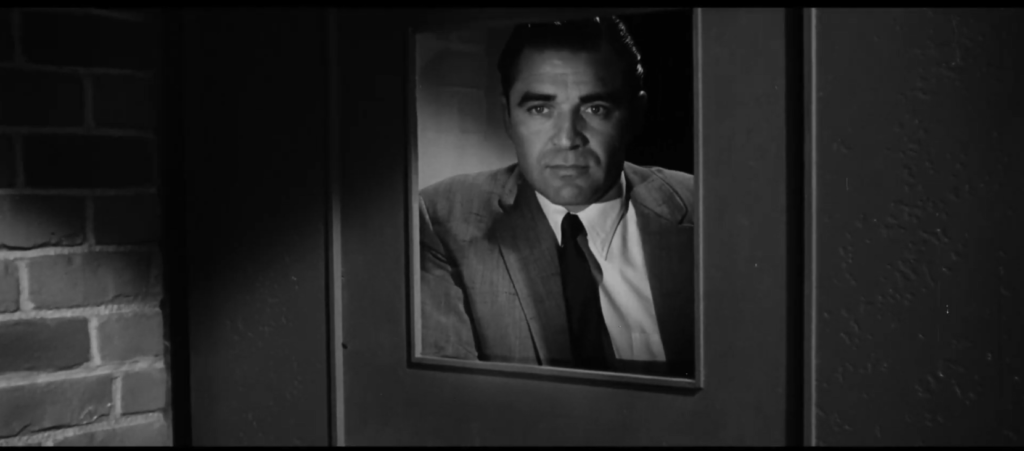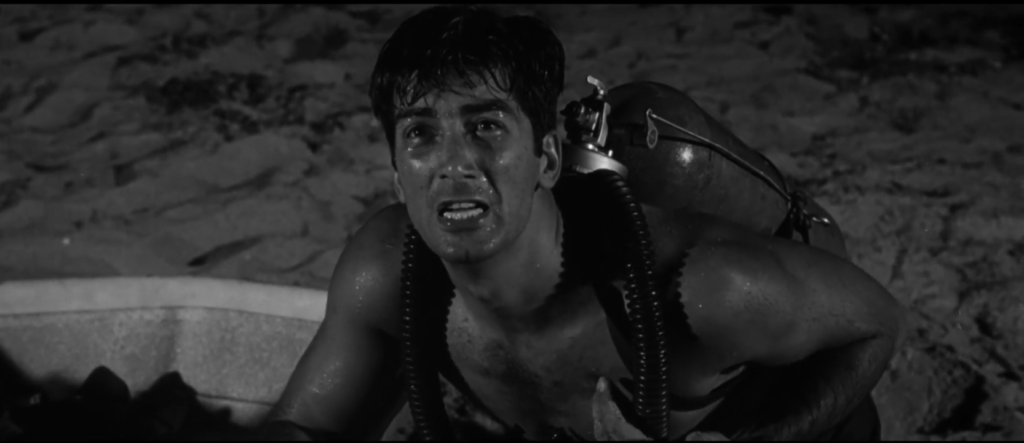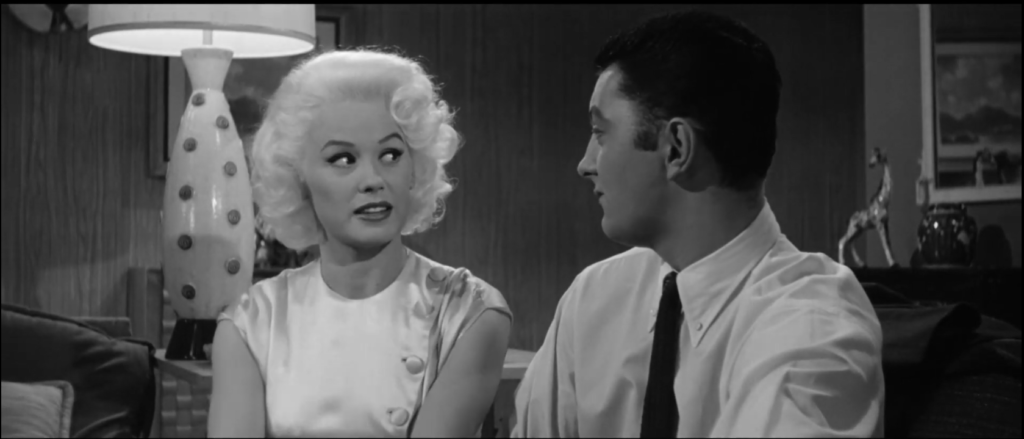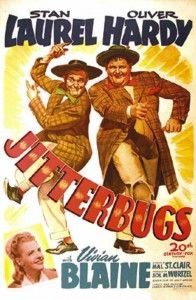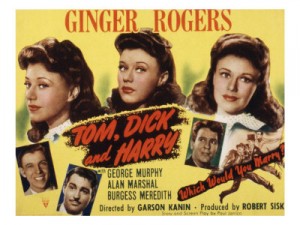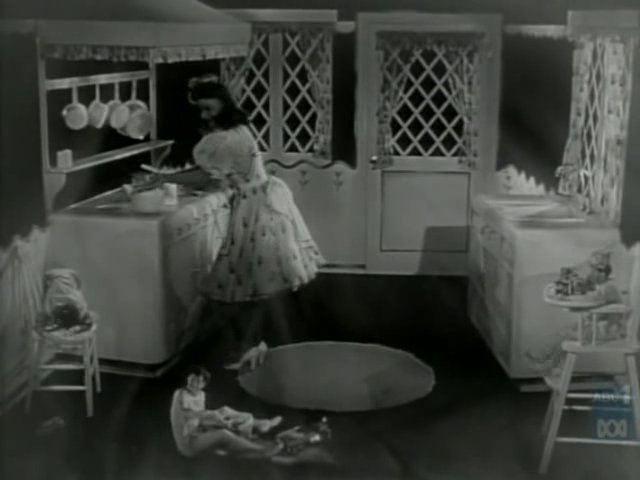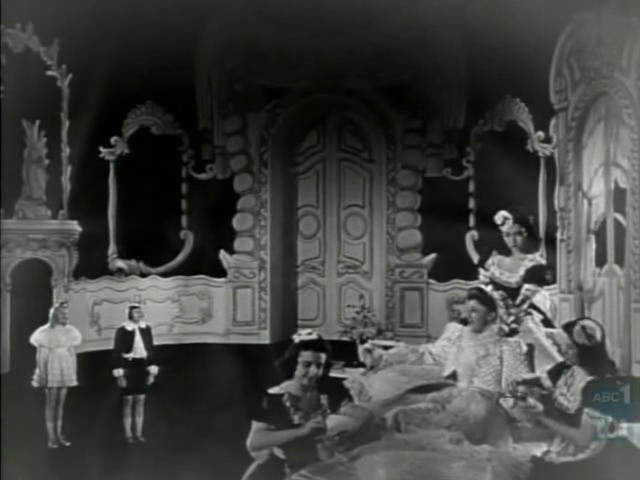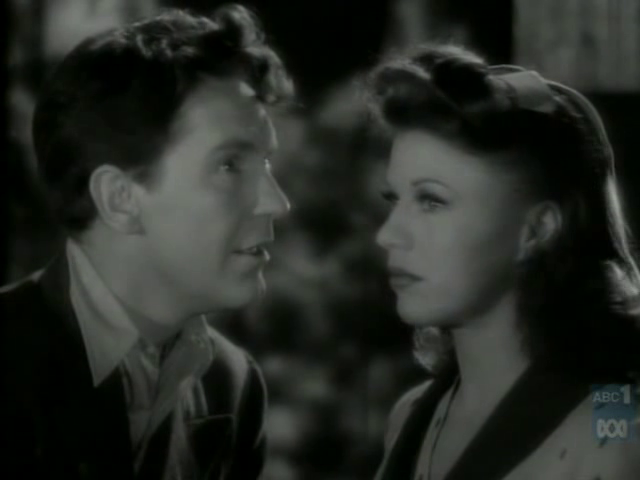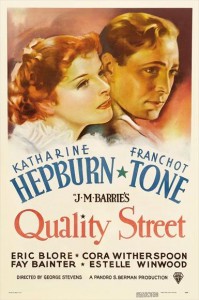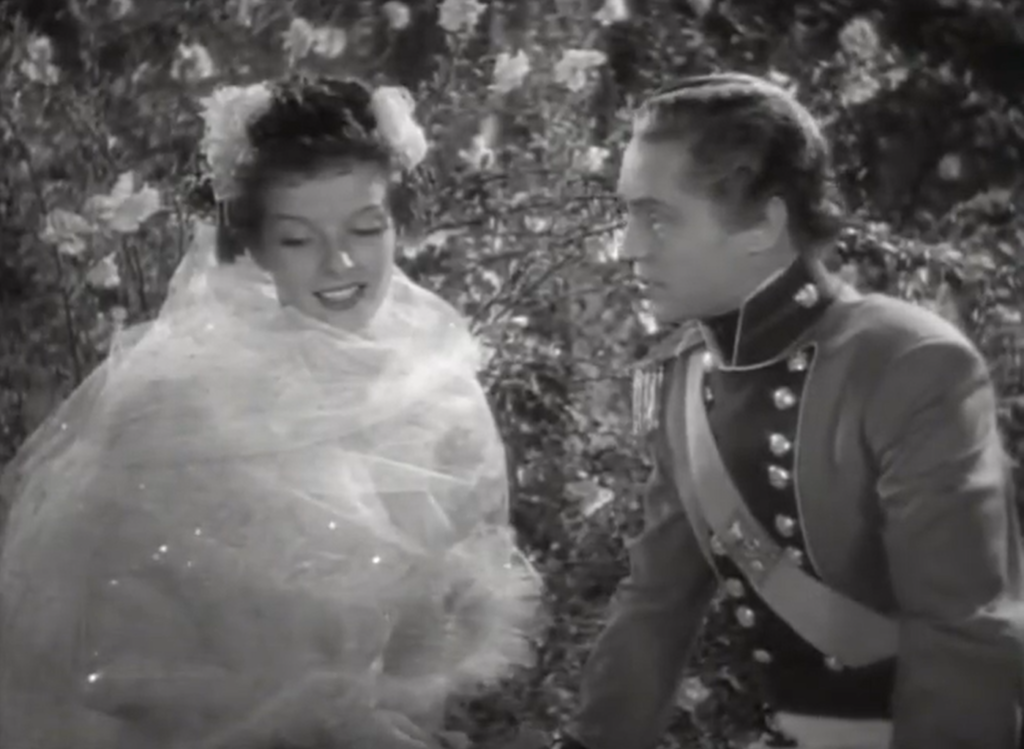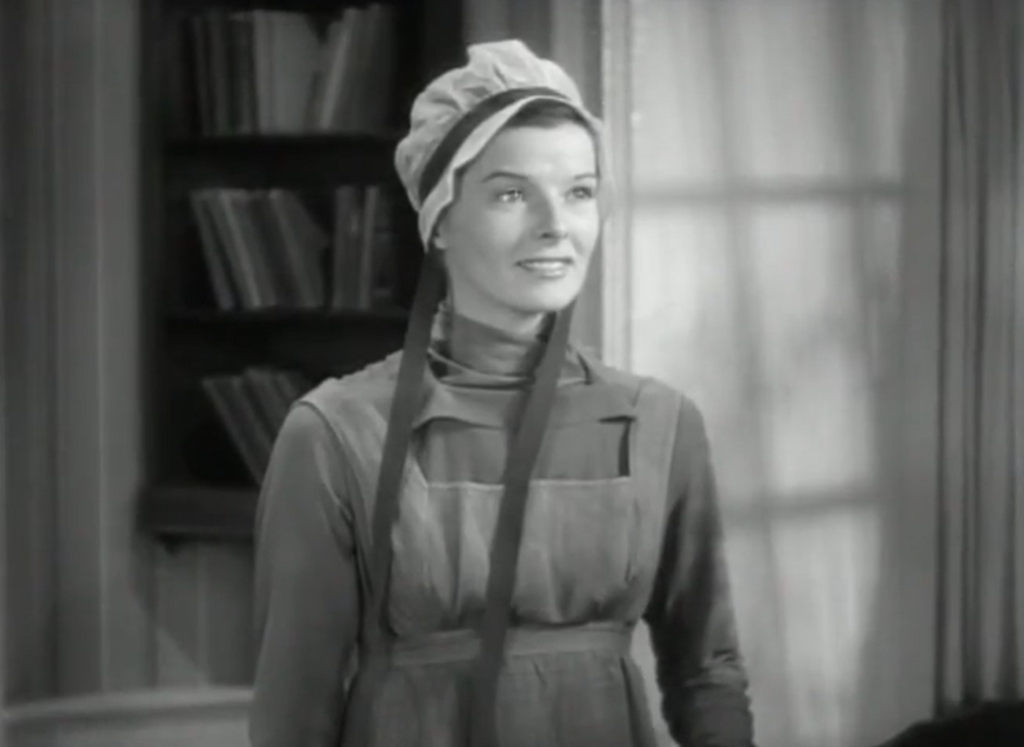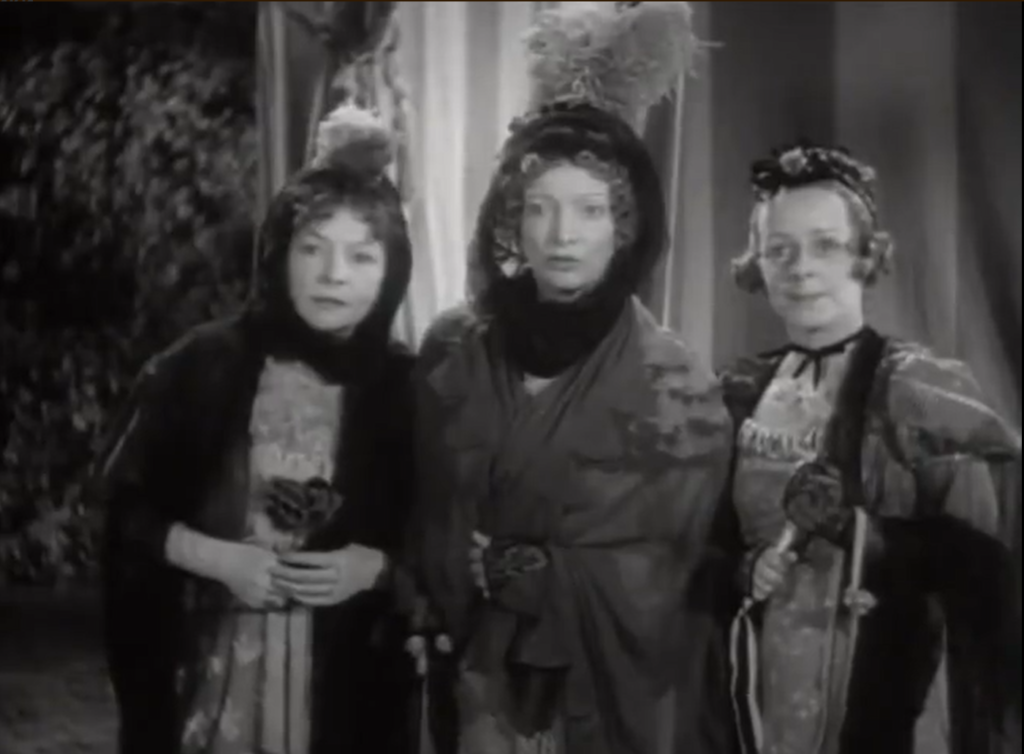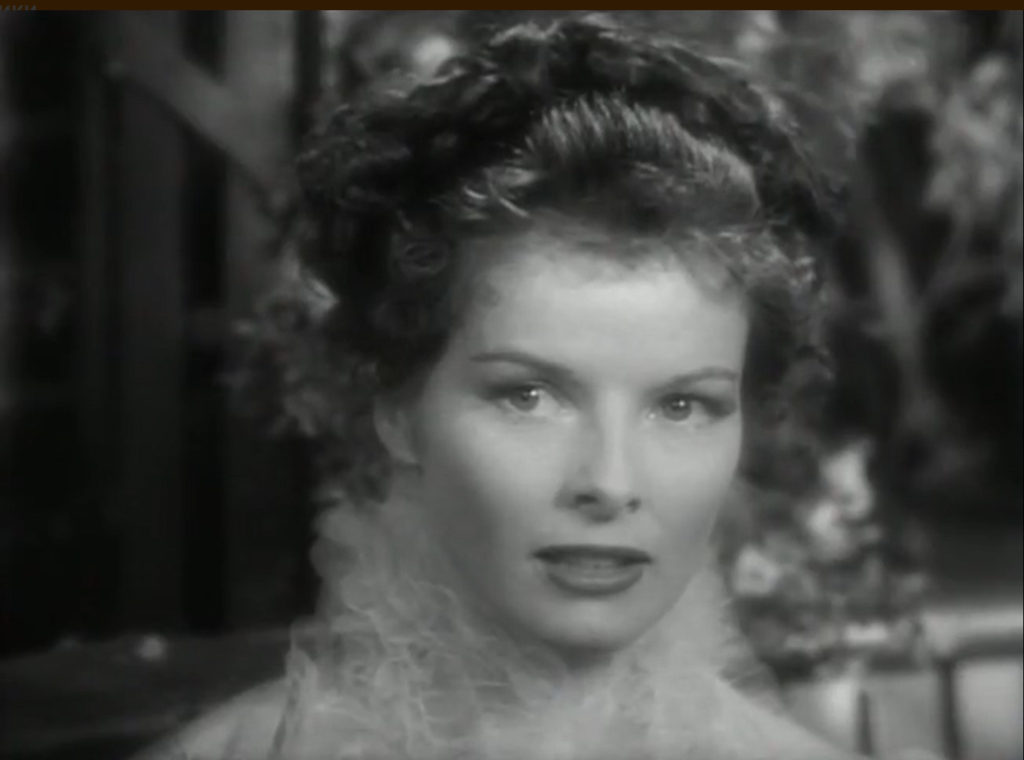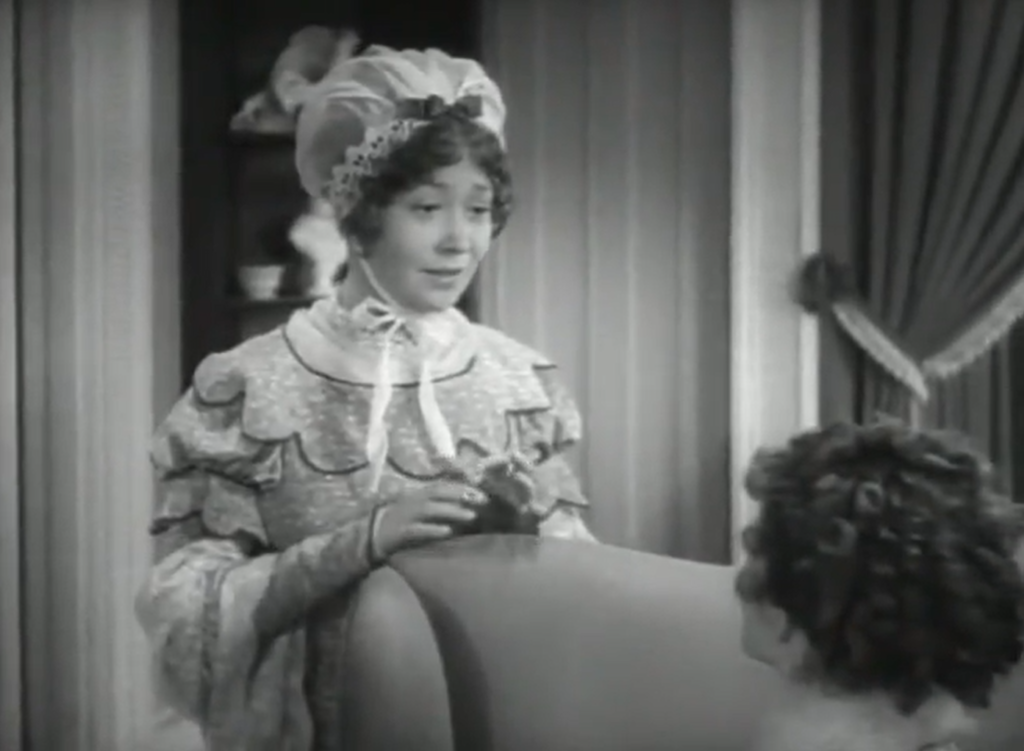|
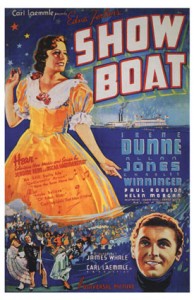
Synopsis:
When the lead singer (Helen Morgan) on a show boat is discovered to be a half-black woman married to a white man (Donald Cook), she leaves and is replaced by the daughter (Irene Dunne) of the boat’s owner (Charles Winninger), despite the disapproval of Dunne’s shrewish mother (Helen Westley). Meanwhile, Dunne falls in love with her leading man (Allan Jones), a riverboat gambler, but their marriage remains a decidedly rocky affair.
|
|
Genres, Themes, Actors, and Directors:
- Actors and Actresses
- African-Americans
- Irene Dunne Films
- James Whale Films
- Marital Problems
- Musicals
- Paul Robeson Films
- Play Adaptation
Response to Peary’s Review:
Peary notes that this James Whale-directed adaptation of the “Jerome Kern-Oscar Hammerstein musical” (which retains “soap-opera elements from Edna Ferber’s novel“) is “flavorful, schmaltzy, and rewarding”, with “lavish production, wonderful music, and a splendid cast”. He points out that “dramatic highlights include the scene in which the play is performed on the Show Boat, and conversations between Paul Robeson and Hattie McDaniel” (playing married servants on the boat); he also points out some of the film’s “musical highlights”, including “the McDaniel-Robeson duet, Helen Morgan giving a soulful rendition of ‘Bill’, some surprisingly effective singing by Dunne (in a role that would have been ideal for Jeanette MacDonald), and, of course, Robeson’s spellbinding ‘Ol’ Man River’.”
I’m in agreement with most of Peary’s assessment points: the production is indeed “lavish”, the cast is in fine form, and many of the songs are quite enjoyable. I also appreciated the opportunity to see Show Boat-theater so lovingly revived for modern audiences, who otherwise would have little understanding of this erstwhile form of traveling entertainment. However, I don’t find the film as a whole nearly as engaging as Peary seems to. The primary problem is that the central narrative — about Dunne’s rocky road to fame and troubled marriage with Jones — simply isn’t all that interesting, and the most compelling characters — Morgan, McDaniel, and Robeson — are relegated to supporting roles. The miscegenation subplot which propels the earliest portion of the screenplay is quite fascinating, and Whale deftly handles a pivotal scene in which Cook takes unusual measures to demonstrate his commitment to Morgan; but other than a critical appearance once more later in the story, Morgan’s tragic story is left sadly unexplored.
Meanwhile, Robeson’s performance of “Old Man River” does indeed remain (for me) the film’s indisputable highlight, leading me to wish we could learn more about his soulful character as well (the Expressionist montage flashing across the screen while Robeson sings could easily morph into a film of its own). To that end, as Peary notes, “the film’s portrayal of blacks is a sticky issue”, given that “on the one hand, they fit into stereotypes”, but “on the other, they display class, talent, [and] strength”, and are “given quality screen time”; overall, I think Whale does a respectful job handling the film’s thorny race issues, despite the unfortunate yet historically realistic appearance of Dunne in black-face at one point. Indeed, Whale’s direction is never at fault, and fans of his work will surely be interested to check out his foray into a genre completely different from the one he’s best known for (horror). But unfortunately, I can’t quite recommend this title as must-see viewing for all film fanatics.
Redeeming Qualities and Moments:
- Paul Robeson’s incomparable rendition of “Ol’ Man River”
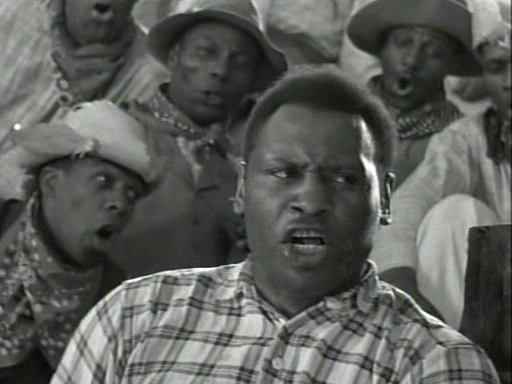
- Irene Dunne as Magnolia

- Helen Morgan as Julie
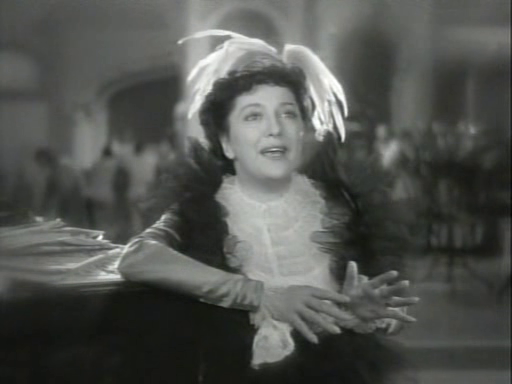
- An amusing glimpse at 19th century small-town entertainment
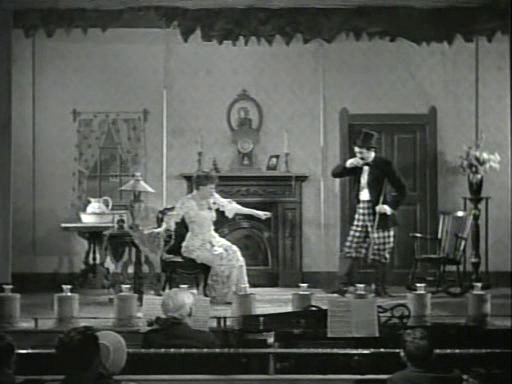
- John Mescall’s cinematography
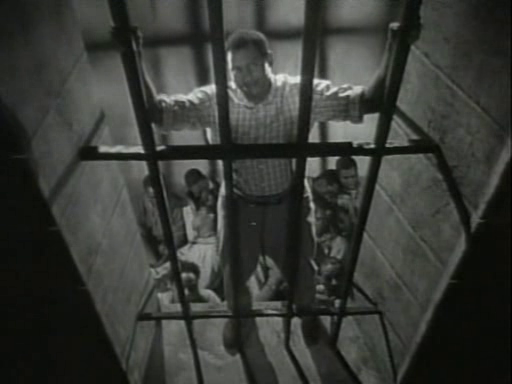
Must See?
No, though it’s recommended.
Links:
|
